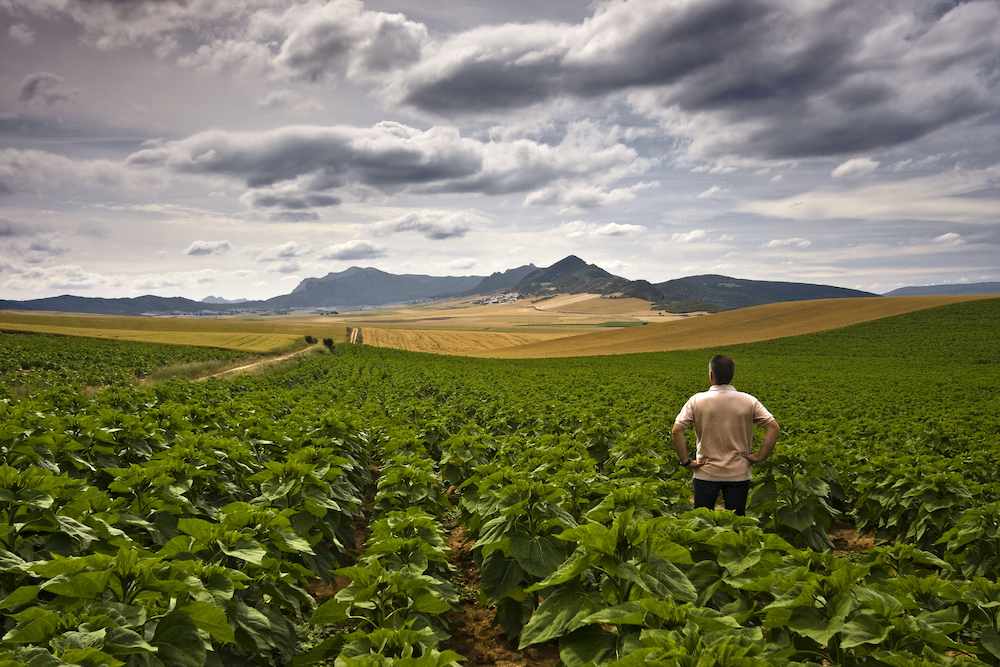Opinion: Russia's adoption of organic food standards - pros, cons and prejudice

By RK Marketing/Fruitnews.ru general director Irina Koziy
 Will Russia feed Europe with organic foods? It probably will, but definitely not in the near future.
Will Russia feed Europe with organic foods? It probably will, but definitely not in the near future.
At the end of 2012 the Russian Government is developing a new Federal Law "About production of organic agricultural products and submission changes into the legislative acts of the Russian Federation". The current law is aimed to establish the rules of organic food growing, processing, handling and trading.
The law that was originally developed by the Russian Ministry of Agriculture in cooperation with the "organic" business representatives has passed through the open discussion stage and is currently being reviewed by the related Ministries of the Russian Federation. Thus, we can expect that the resulting "organic" law will be implemented in the Russian market relatively soon.
On one hand, the development of such regulation and participation of the Russian "organic" business representatives is a very positive sign for many organic food producers and traders that exist in the local market. Foreign suppliers of organic products are also likely to benefit just from the fact of the law's development.
It is not a secret that the concept of organic foods is not well known by the average Russian consumer, so the more information and discussion is happening in this area, the more knowledge and interest to this topic will appear on the side of consumers and retailers. In addition, the distribution of organic standards and certificates will help organic producers and suppliers in their competition with the companies that are using the similar ecological statements without any certification or even without the actual implementation of any eco-technologies.
Extremely important point is that the project of the law, as it is currently provided, approves the use of international organic certificates in Russia along with the Russian standard, which is also based on the international requirements to the organic products. This will allow foreign suppliers of organic foods to work in the Russian market without the need for additional testing and certification, and in the future will provide Russian organic foods suppliers with the similar opportunities in foreign markets.
On the other hand, it is very hard to predict, how exactly the law is going to be implemented, as the concept of organic production is not well known and not widely used in the Russian market at the current stage. A large number of local producers and suppliers are using ecology-related claims without any supporting research and certification. The majority of the consumers consider small amateur agricultural production and "ecologically clean" foods as synonymic concepts.
There is still a big question, if any local market players or the Government will be interested to invest significant funds in promotion of the organic concept. Without that the local Russian market of organic products will stay at the same stage of small volumes and a lack of development, as it exists currently.
In the current situation it is hard to take seriously the discussion about the Russian suppliers that will flood the European market with their organic products. Too many people in Russia, including farmers and producers still confuse the lack of agricultural technologies and manual production with organic standards.
It will take years for any serious number of the Russian producers to adopt proper organic agricultural and food processing technologies, to pass through the process of certification and to become significant market players of the world level.








































